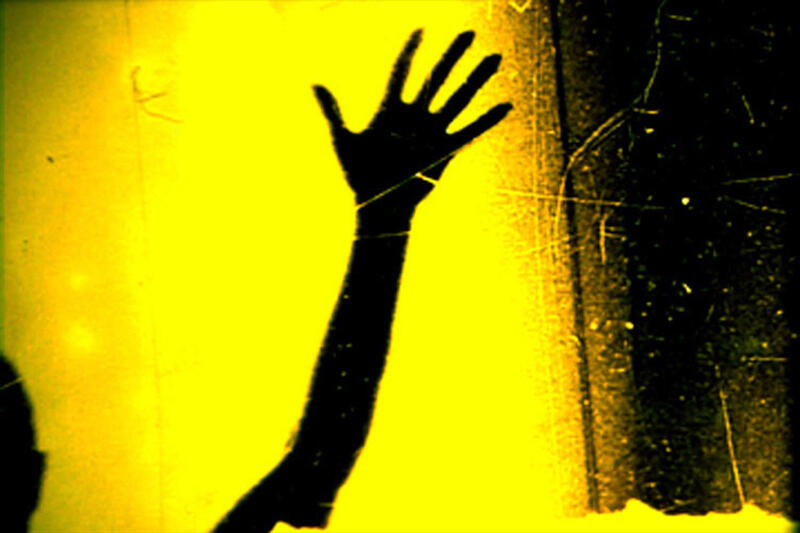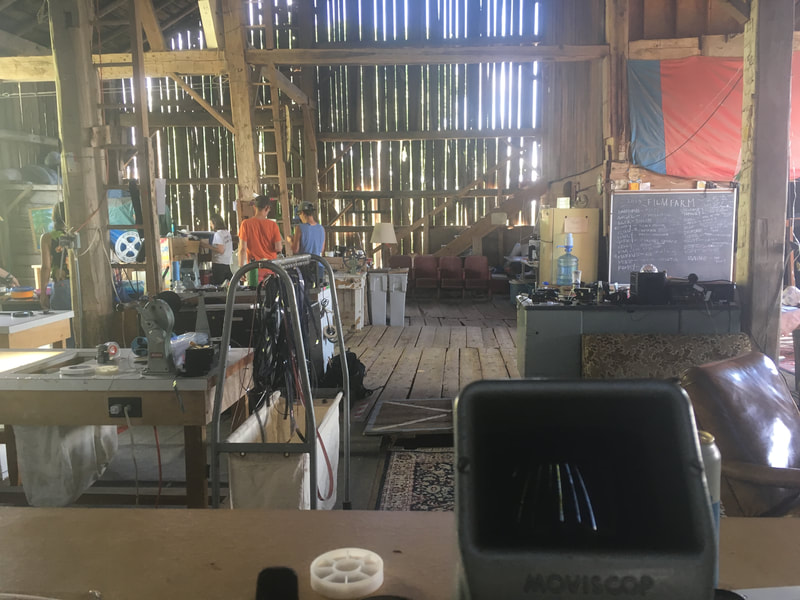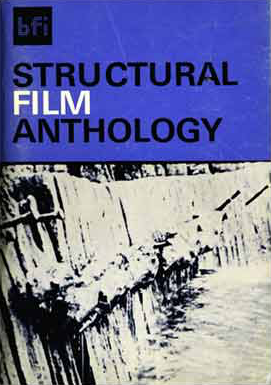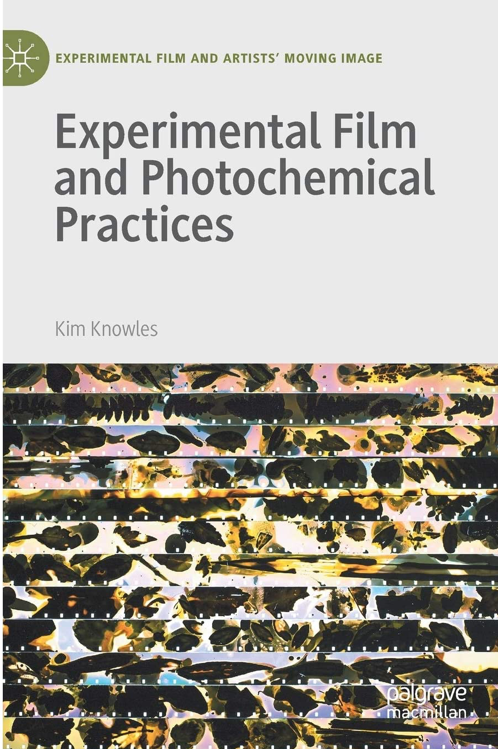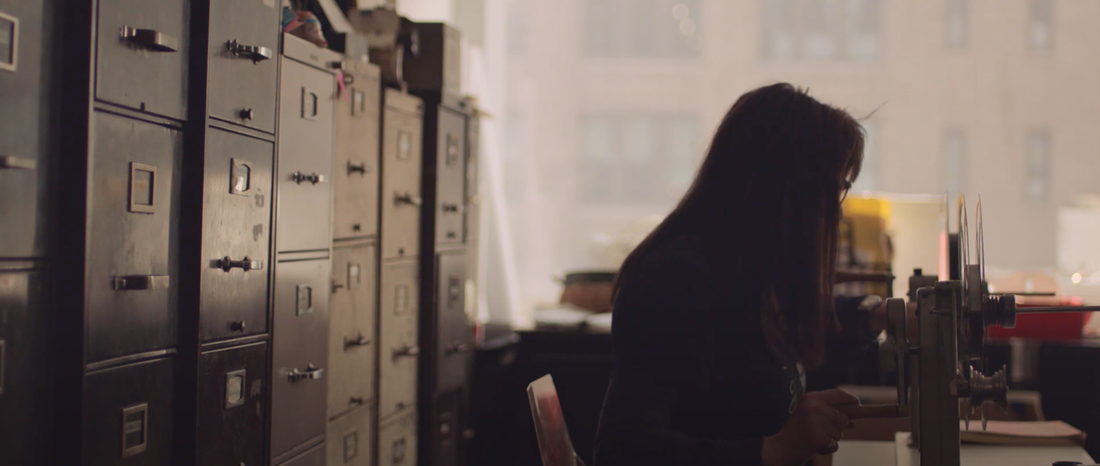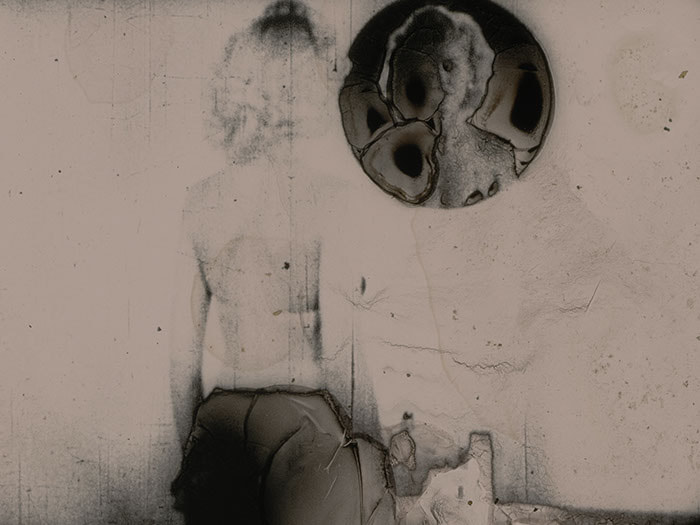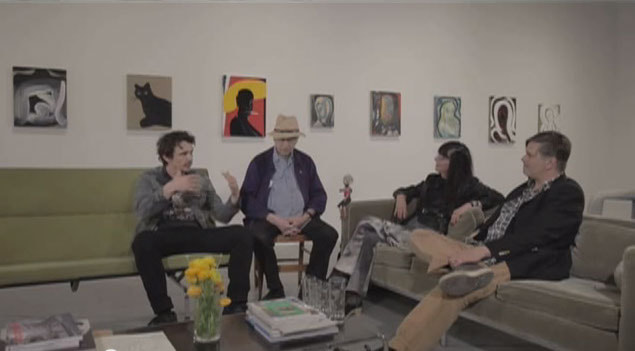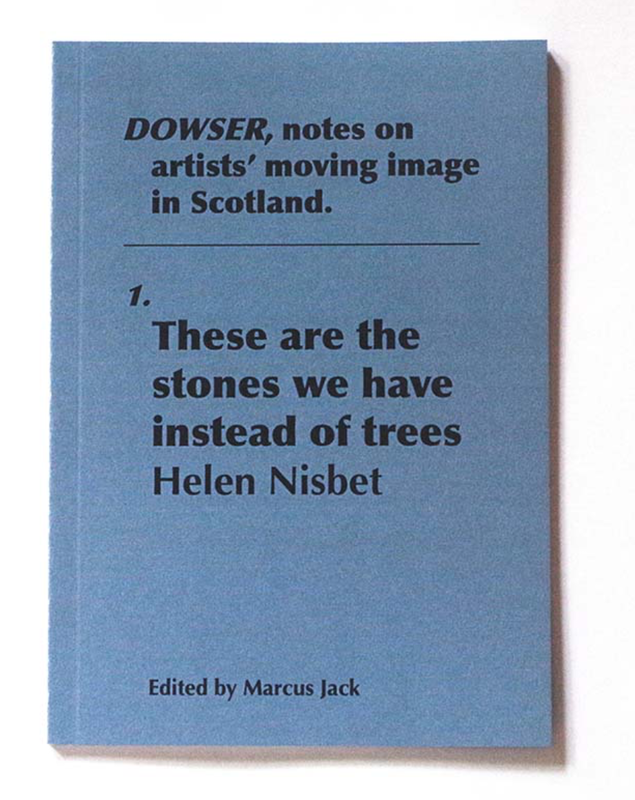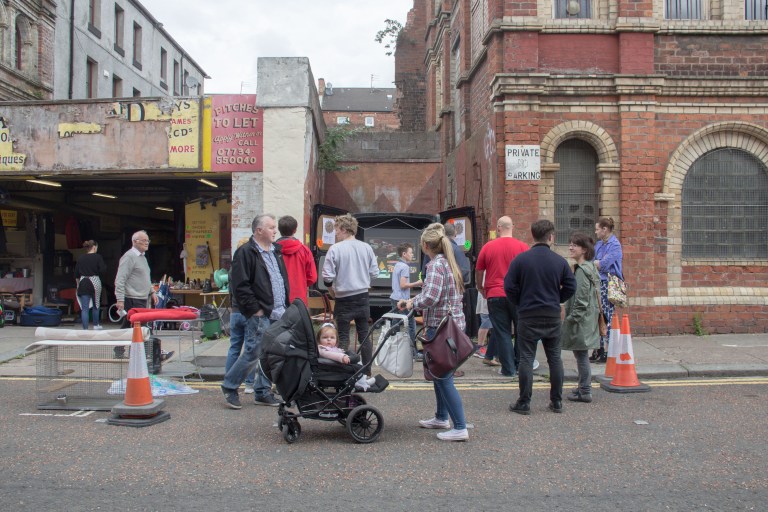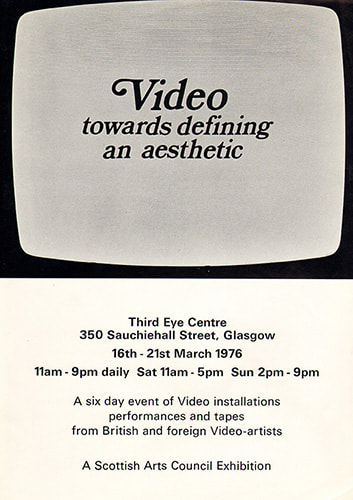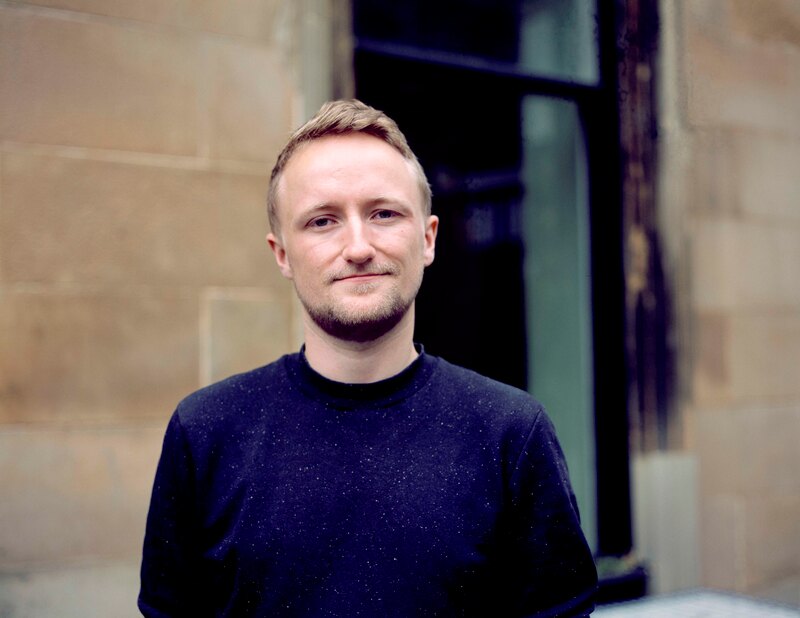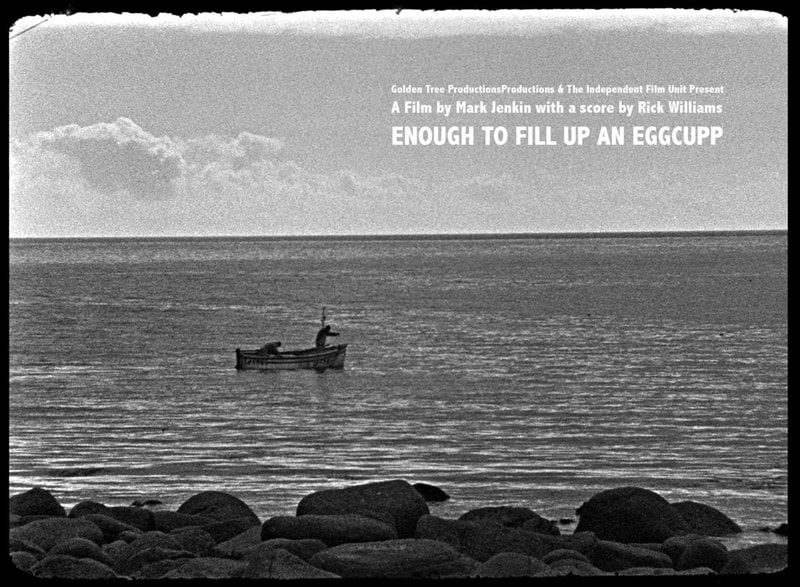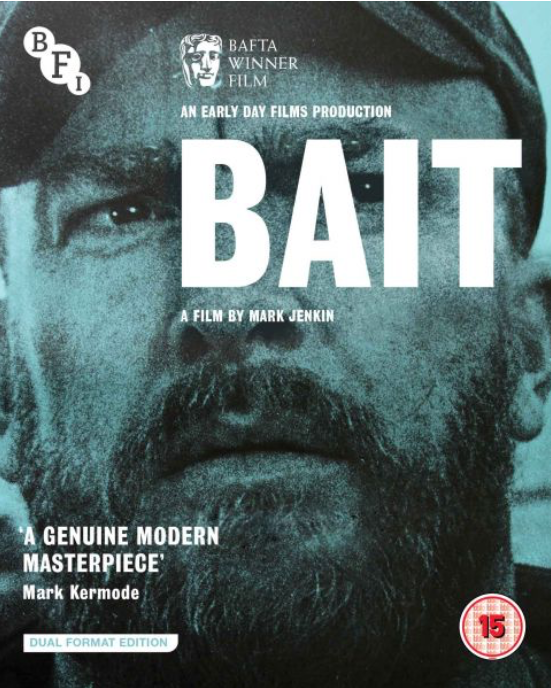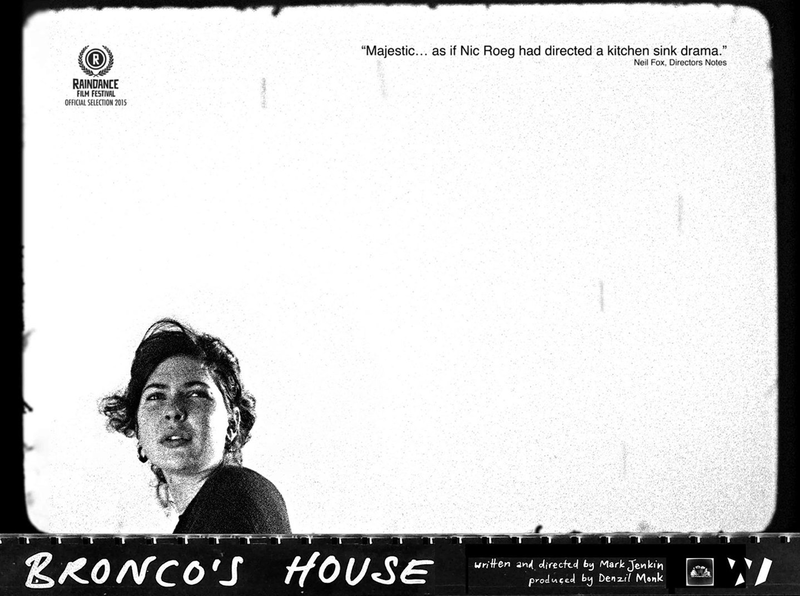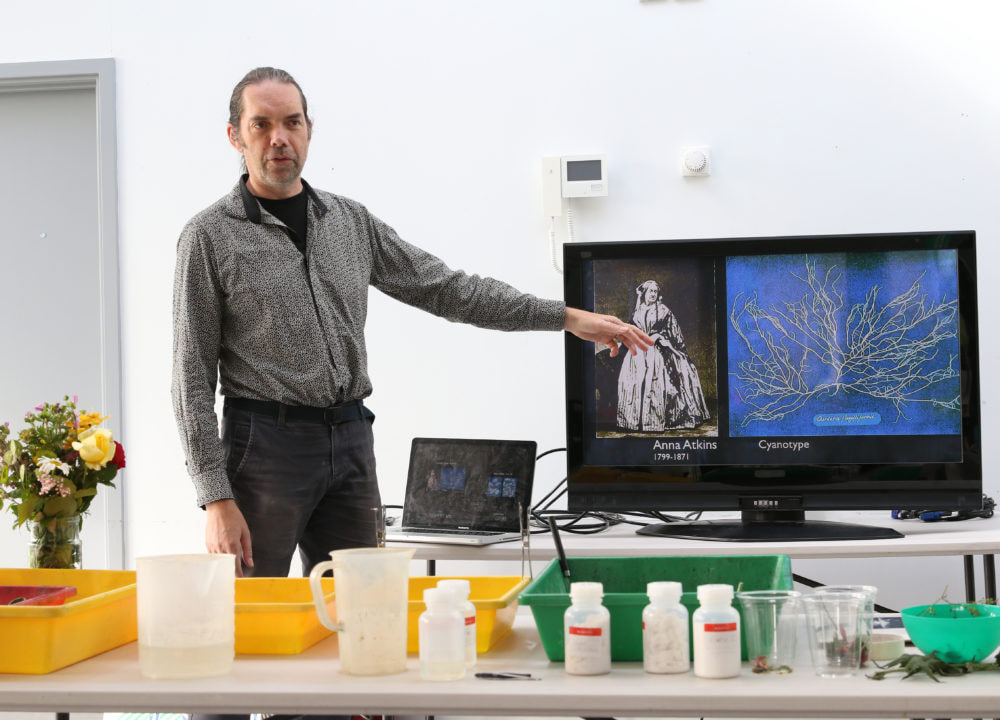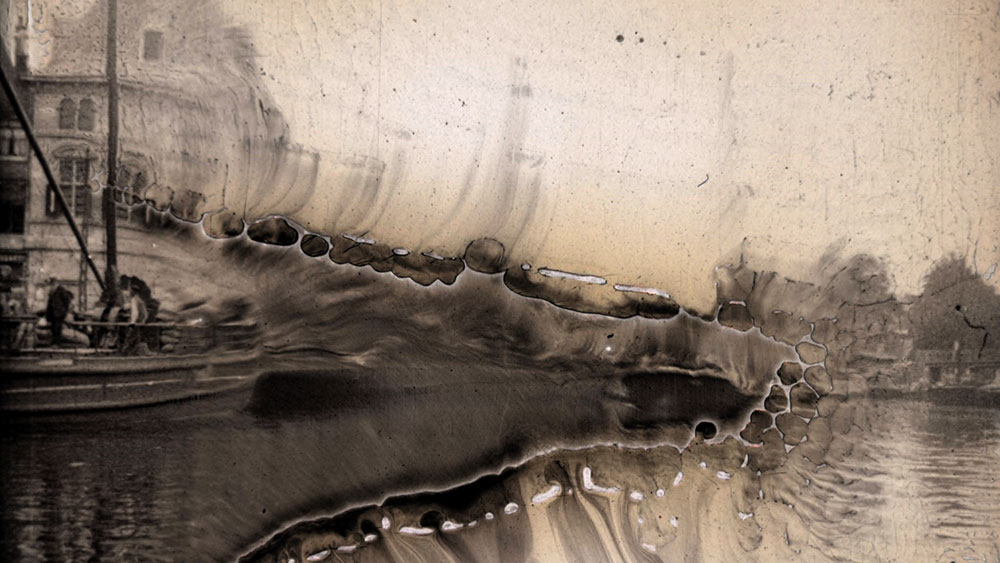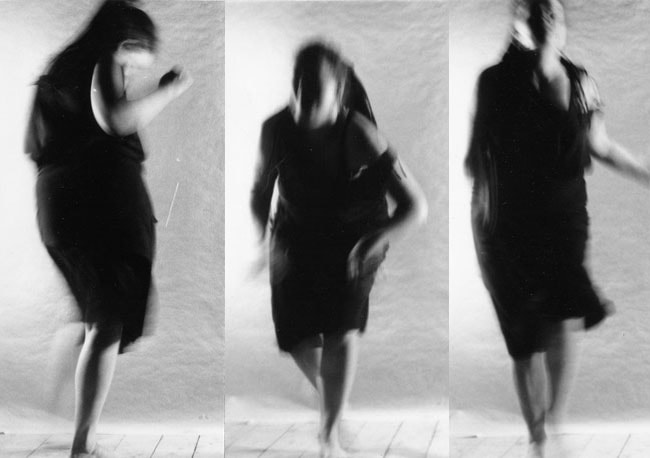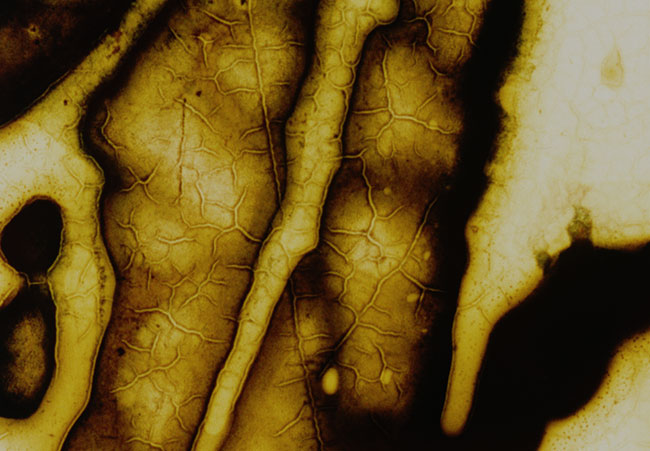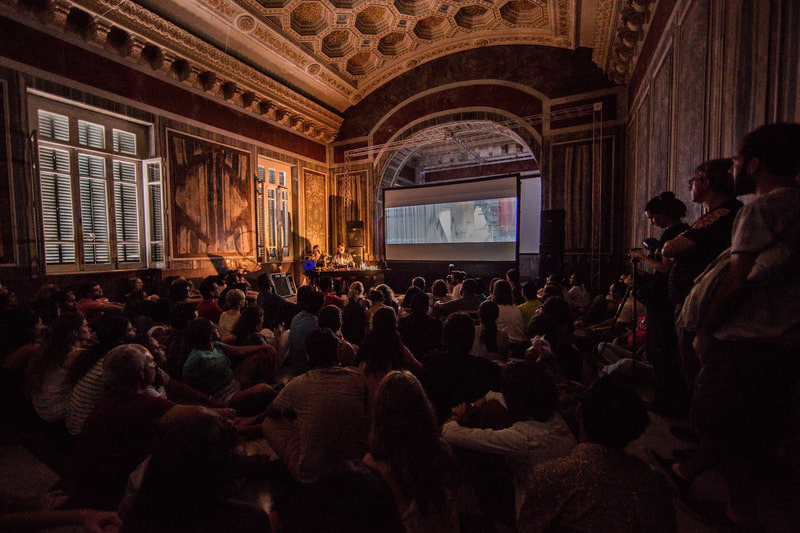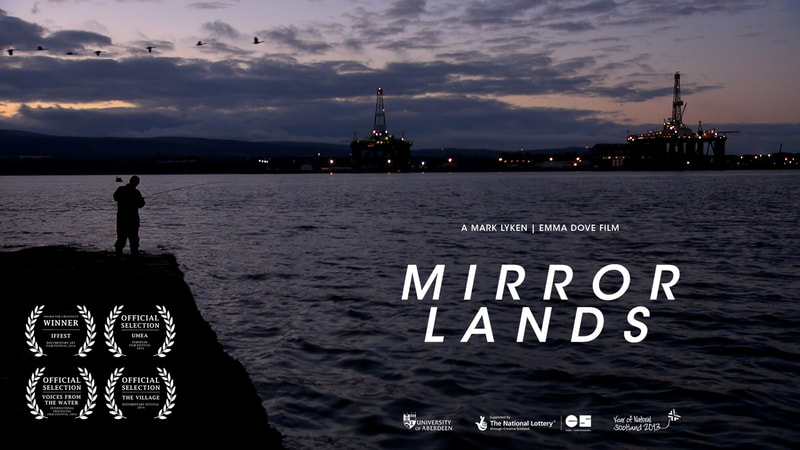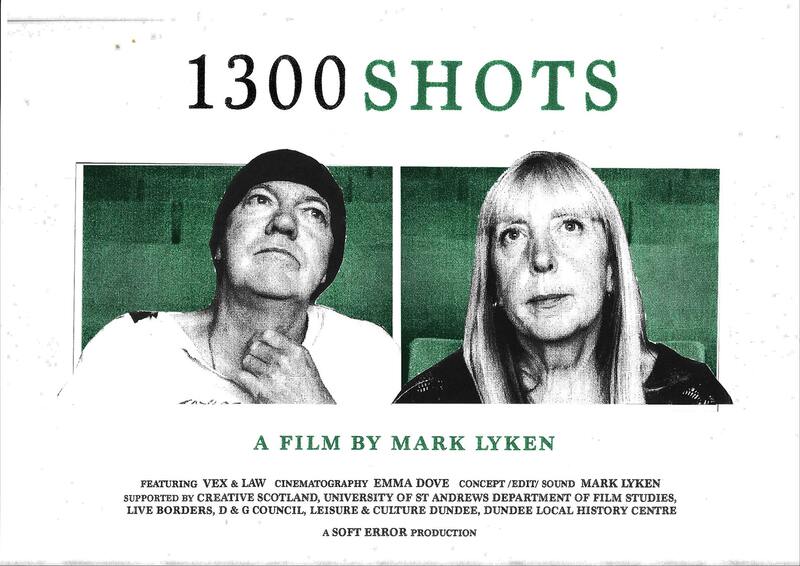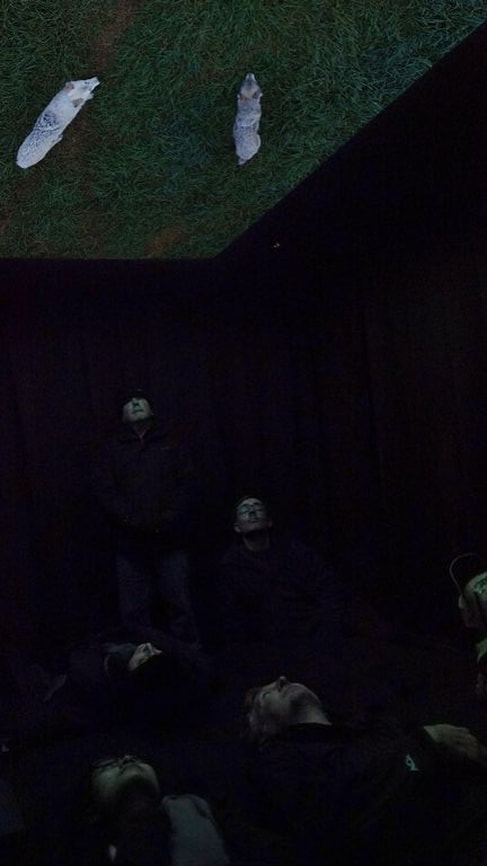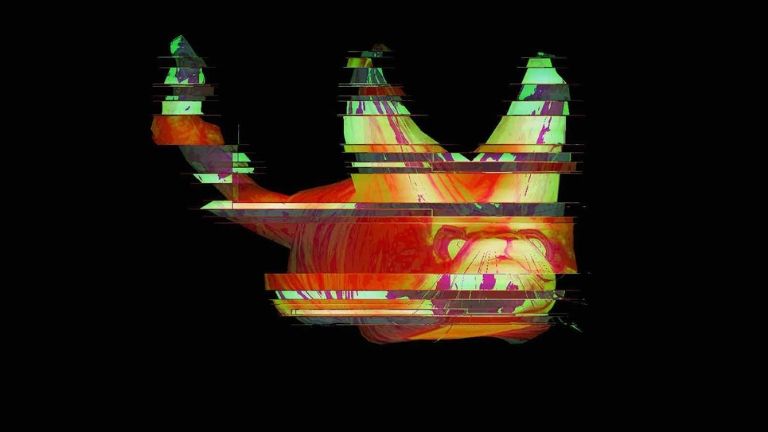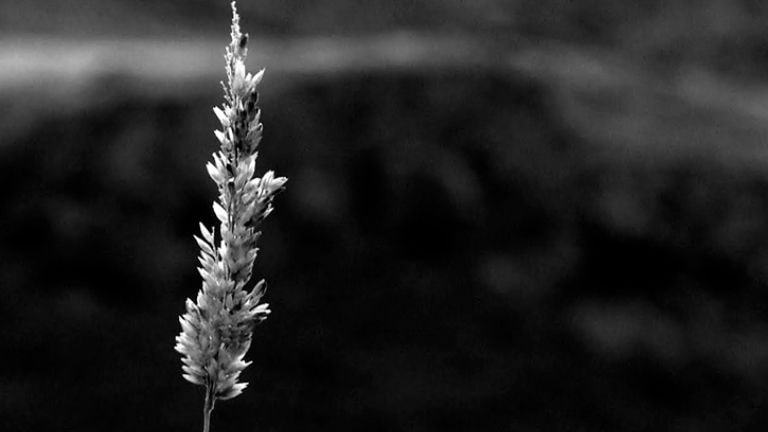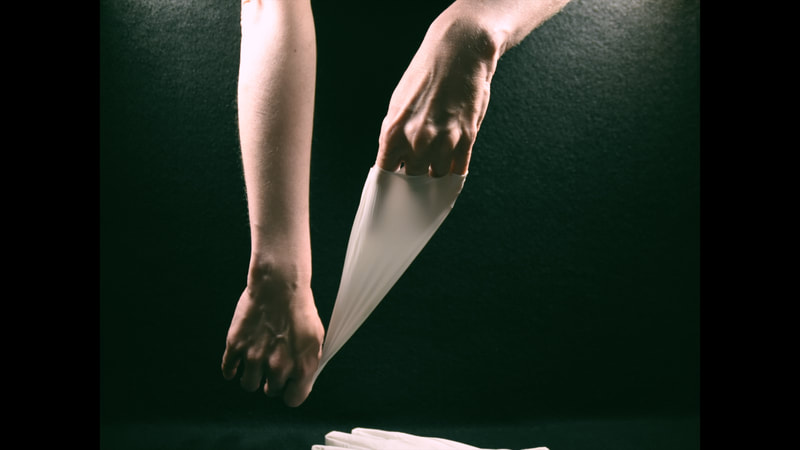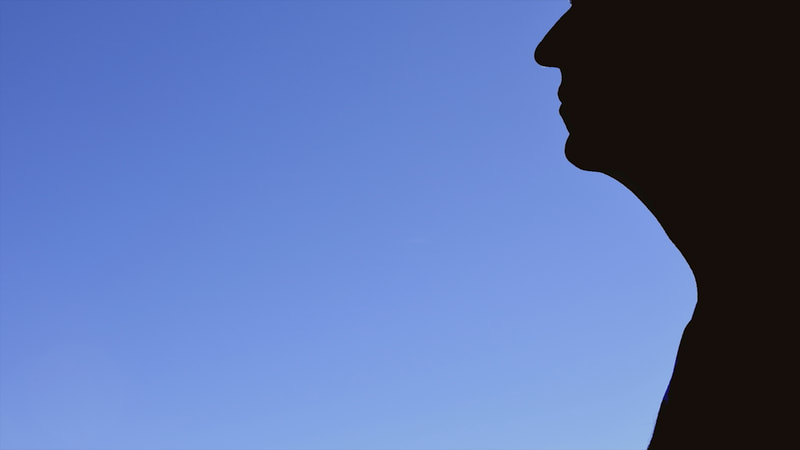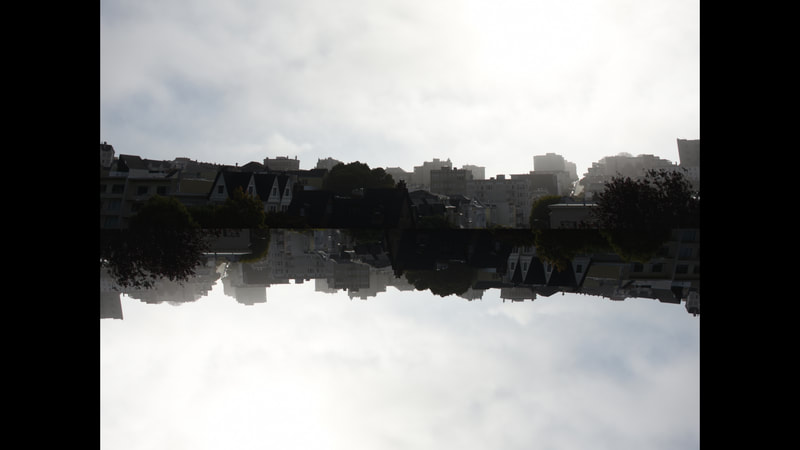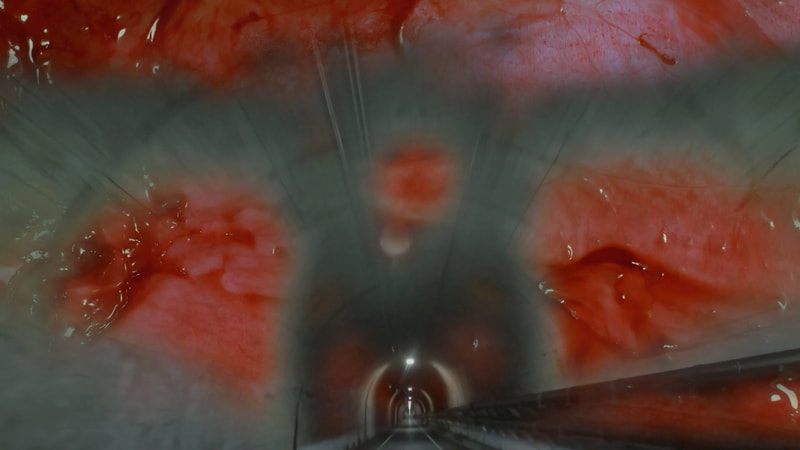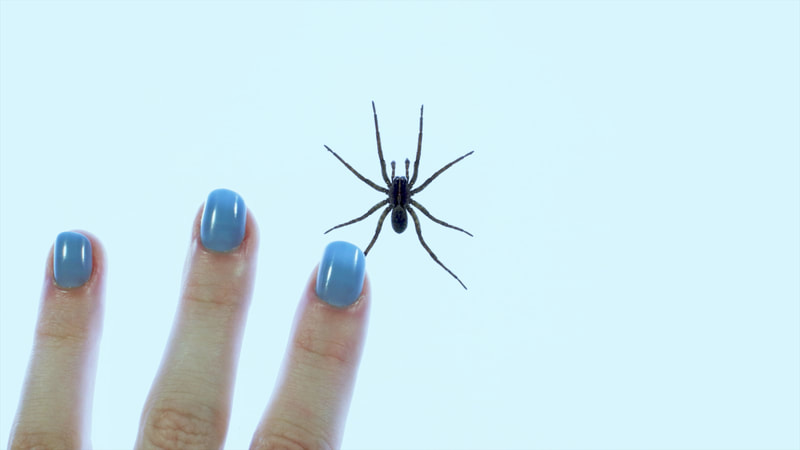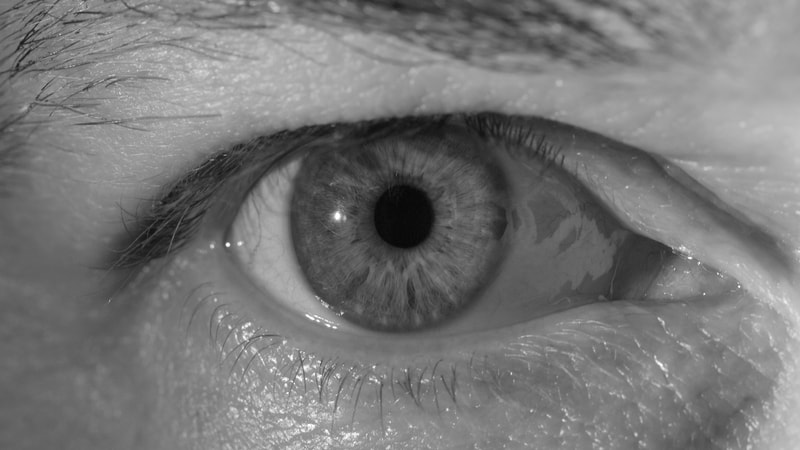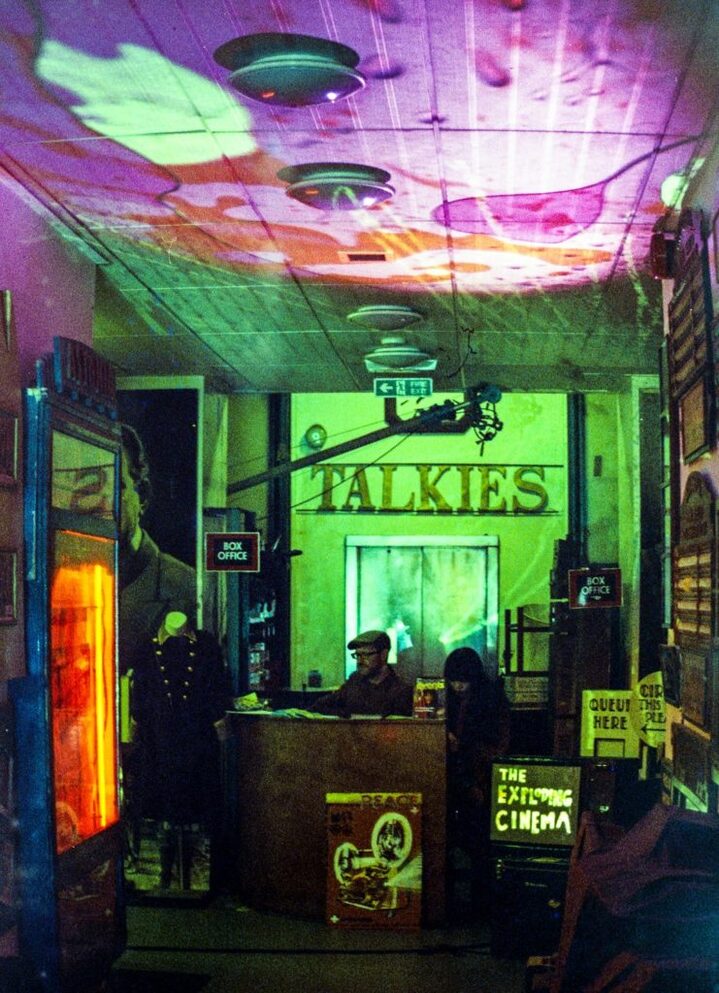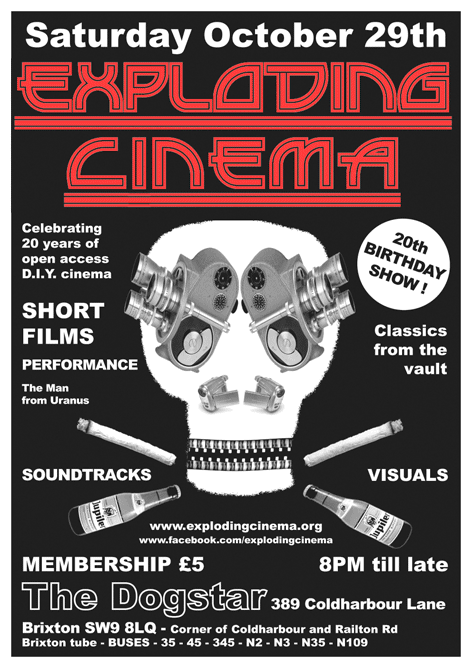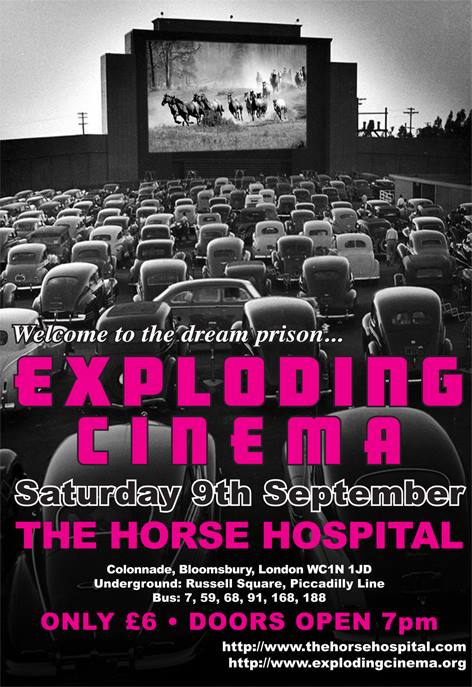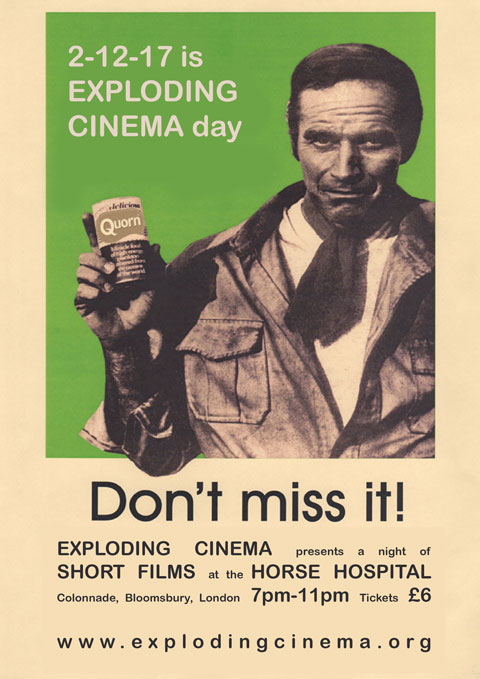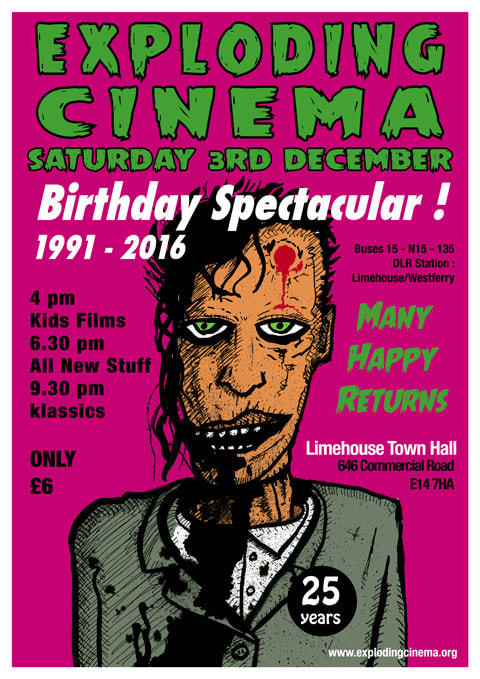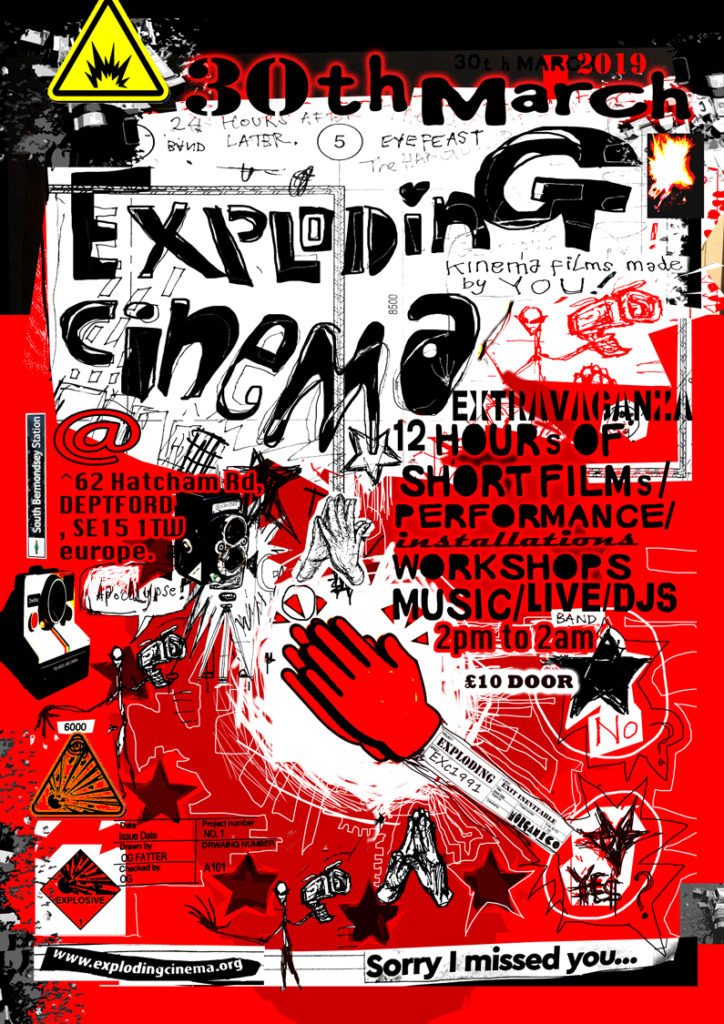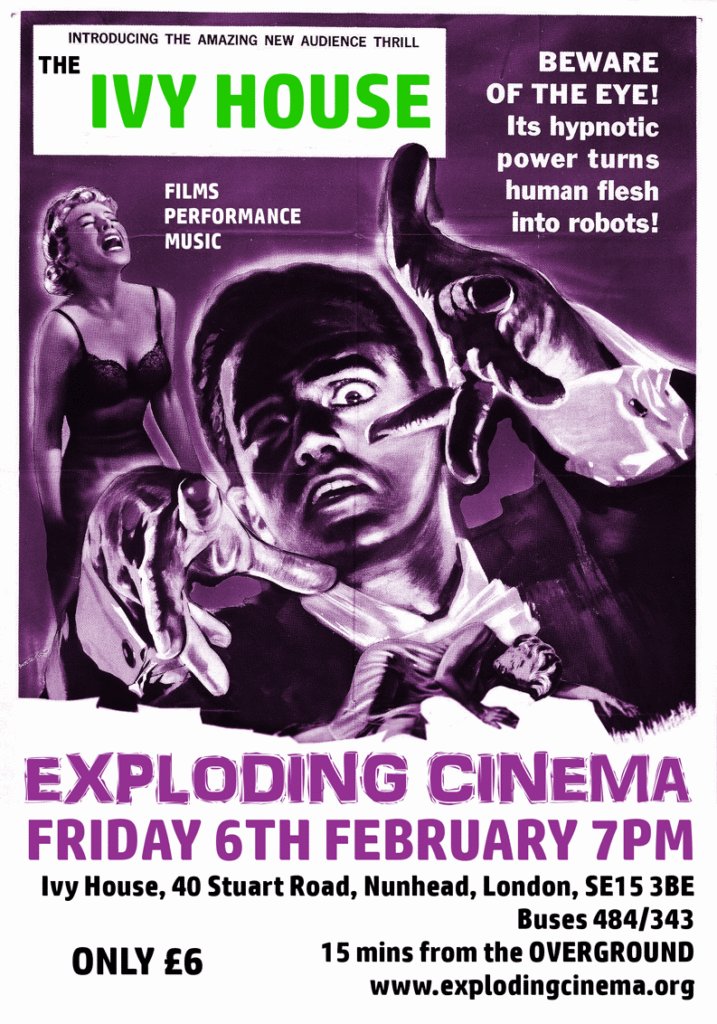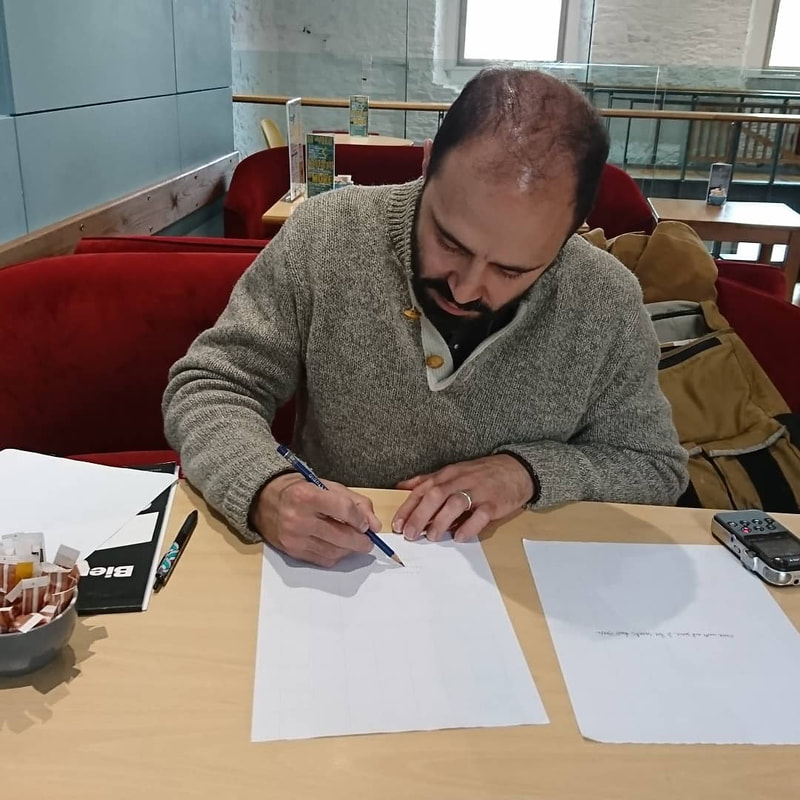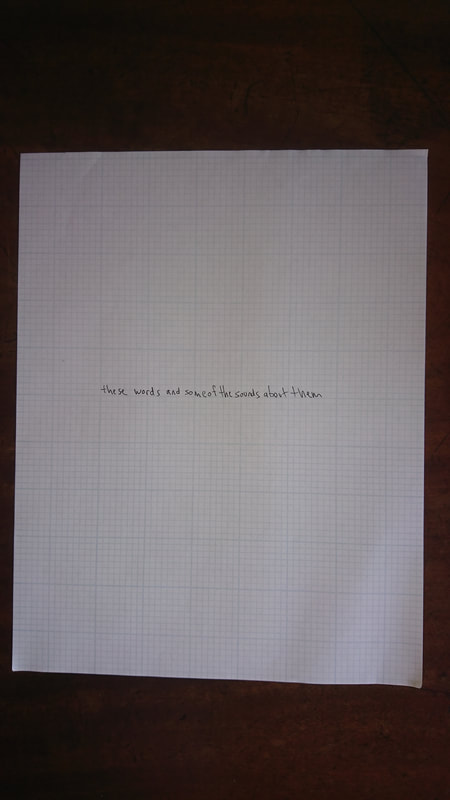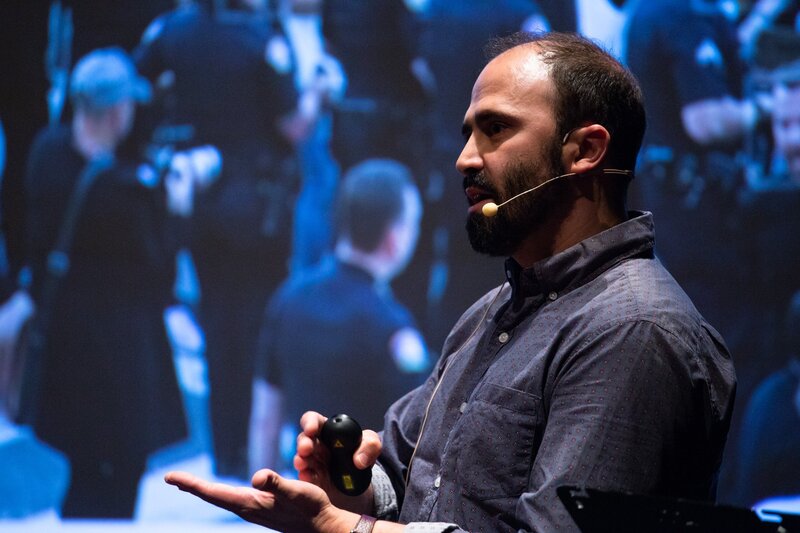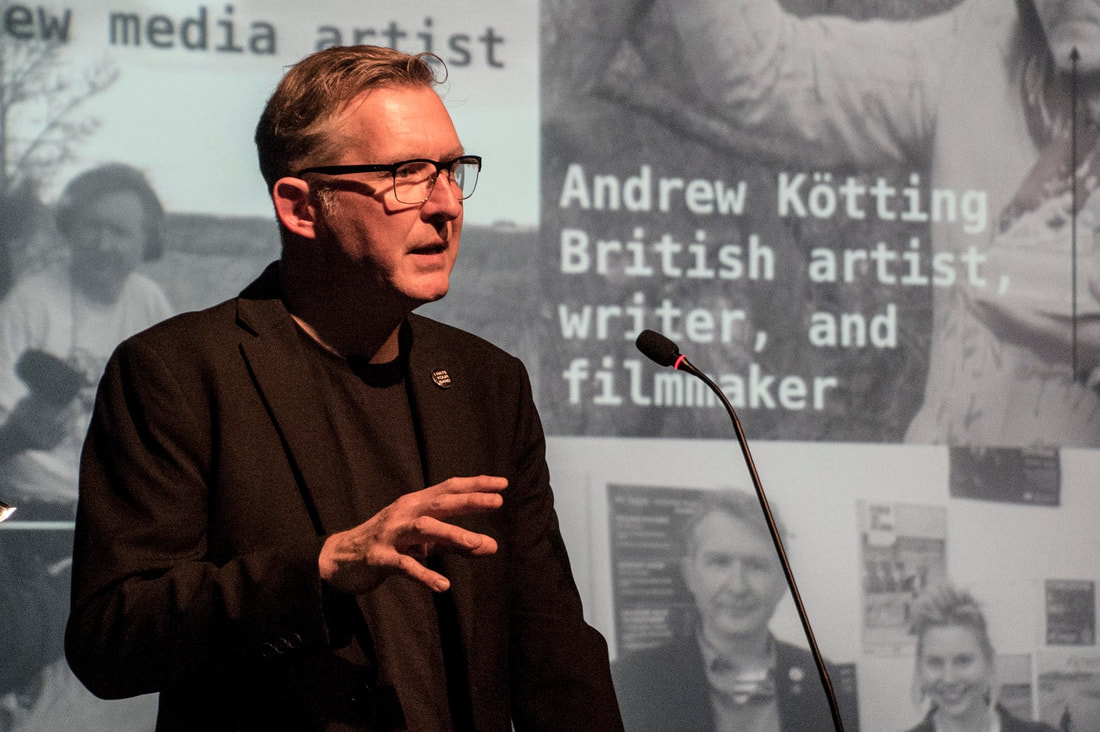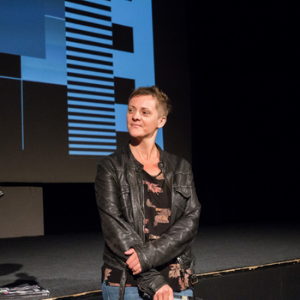
Kim Knowles has been writing and teaching about experimental film for over 15 years and currently lectures in Alternative and Experimental Film at Aberystwyth University in Wales.
She curates the Black Box strand of the Edinburgh International Film Festival. A programme described as “Daring, challenging, uncompromising and thought-provoking” with short and feature-length experimental and artists’ films from around the world. In EP.27 we discuss her journey into experimental film and the screening when she fell in love with the experience of watching 16mm film projected in a cinema. We talk about her militant defence of photochemical film, materialist film, her experience attending The Independent Imaging Retreat (Film Farm) in Canada and lecturing in Alternative and Experimental Film at Aberystwyth University in Wales. Kims latest book 'Experimental Film and Photochemical Practices' has just been published by Palgrave Macmillan, and available to purchase here. Artists, works and texts mentioned in the interview. Entr'acte - a film by René Clair (1924) Loretta - a film Jeanne Liotta (2003) The experimental filmmaker Joel Schlemowitz, based in Brooklyn who working with 16mm film, shadowplay, magic lanterns, and stereographic media. Jennifer Reeves - the New York-based filmmaker working primarily on 16mm film Experimental Filmmaker and Executive Director of Film-Makers CooperativeMM Serra who we interviewed for EP.26 - listen here. Paul Sharits - an avant-garde filmmaker noted "for manipulating the film stock itself to create a variety of fascinating, abstract light and colourplays when projected on the screen" Peter Gidal's introductory essay to the Structural Film Anthology, Published by the BFi in 1976. The American visual artist Carolee Schneemann Pip Chodorov - filmmaker, composer, writer, curator. Co-founder of filmlab/collective L’Abominable, founder of Re:voir Video. Frédérique Devaux - filmmaker and lecturer - work distributed by Light Cone. The Ethical Presenter: Or How to Have Good Arguments over Dinner - article by Laura U. Marks (2004) The Future of Nostalgia by Svetlana Boym (2002) Residual Media by Charles R. Acland (2006) BEEF - Bristol Experimental Expanded Film - listen to our interview with this collective here. New books recommended by Kim. Cinema Expanded: Avant-Garde Film in the Age of Intermedia - Jonathan Walley (2020) Making Images Move - Handmade Cinema and the Other Arts - Gregory Zinman (2020) Artists’ Moving Image in Britain Since 1989 - Erika Balsom, Lucy Reynolds, Sarah Perks (2019) Women Artists, Feminism and the Moving Image – Lucy Reynolds (2019) London's Arts Labs and the 60s Avant-Garde - David Curtis (2020) Experimental and Expanded Animation - New Perspectives and Practices - Vicky Smith and Nicky Hamlyn (2018)
0 Comments
In this episode we talk to MM Serra down the line from NYC.
MM Serra is an experimental filmmaker, curator, author, educator and the Executive Director of the Film-Makers' Cooperative, the world's oldest and largest archive of independent media. She has produced, directed, and edited more than fourteen works. Her own work, as well as her curated programs, have been screened at the Museum of Modern Art and the Museum of the Moving Image in New York, The Centre Georges Pompidou and the Cinematheque Francaise in Paris, the London Film Festival, Oberhausen International Short Film Festival and the Dresden Film Fest in Germany. We jump around from topic to topic and along the way discuss her friendship with Jonas Mekas, the influence that Shirley Clarke had on her, and the importance of living and breathing the life of a film-maker. We discuss some of MM’s films including Bitch Beauty (2011) and Enduring Ornament (2015) both are available to view on her website. In this episode I read from excerpts of a text written by Jonas Mekas on the formation of the Film-Makers’ Cooperative, you can read the full text here. There is no doubt that I have mispronounced some of the names of the artists mentioned in the piece written by Jonas Mekas, apologies in advance for this….. 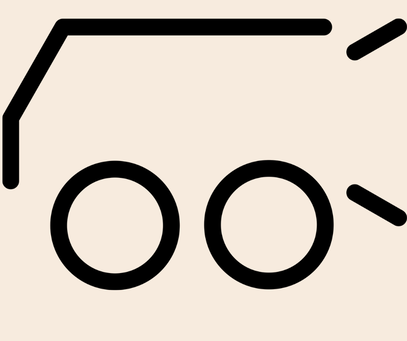 Transit Arts Logo Transit Arts Logo
Transit Arts have been organising the exhibition of artists moving image since 2015, through public screening programmes and experimental publishing. It is run by the Glasgow based curator and writer Marcus Jack, who is also currently researching histories of artists’ moving image in Scotland. His first exhibition of artists moving image came from the back of a transit van and a series of popup screenings across Glasgow. He has curated numerous screenings since then in Scotland and the North of England, he is also on the submissions panel of the Glasgow Short Film Festival. His written work includes an essay entitled Seizing The Mean of Projection where Marcus considers thirty years of artists’ moving image exhibition in Glasgow. The latest project from Transit Arts is DOWSER which Marcus describes as “a series of newly commissioned essays, interview transcripts and archival materials which makes available, for the first time, a collated set of resources from which we might begin to plot a history of artists’ moving image in Scotland.” In the interview Marcus mentions numerous artists, moving image works, exhibitions, spaces, groups and screening events. I have listed some of them here, with links where possible. Elizabeth Price - User Group Disco (2009) The Otolith Group - Hydra Decapita (2010) Artists’ Moving Image Festival (AMIF) - Mount Florida Screenings - Glasgow (2016-2018) Deborah Stratman - Chicago-based artist and filmmaker Amie Siegel - film, photography, performance and installation artist Jorge Jácome - Flores (2017) David Hall - TV Interruptions (1971-2006) Tamara Krikorian - pioneering video artist and curator Video: Towards defining an aesthetic - a Scottish Arts Council exhibition held at the Third Eye Centre, Glasgow 1976 Richard Demarco - Artist and promoter of the visual and performing arts. Transmission Gallery - artists run space in Glasgow Variant Magazine Flourish Nights - film screenings (2001-2003) Stephen Partridge - Dundee artist and academic researcher Enrico Cocozza - Amateur film-maker and academic The Glasgow Miracle: Materials for Alternative Histories - archive sources relating to the Third Eye Centre (1975-1991) and CCA (1992-the present) Common Culture - Book Launch (2007) Malcolm Dickson - Now Director at Street Level Photoworks The Open Eye Club - Glasgow (2005 - 2008) 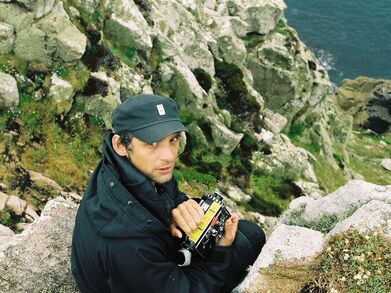 Photo by Callum Mitchell. Photo by Callum Mitchell.
The filmmaker Mark Jenkin is best known for the film Bait from 2019, which earned him a BAFTA. However as you will hear in this episode of Into the Mothlight Podcast, the journey that led to him creating this outstanding film is a long and interesting one. We look at this journey from his early days making a Derek Jarman inspired music video, to his time in the production houses of Soho in London, to his return to his native Cornwall and his debut feature, "Golden Burn" which won The Frank Copplestone First Time Director's Award at the Celtic Film and Television Awards in 2002.
In the week that Mark should have been wrapping on his latest feature ‘Enys Men’, a folk horror inspired tale set on a fictional island off the coast of Cornwall, we met online and also talked about shooting on and hand processing analogue film, his filmmaking manifesto, his experimentation within the form in cinema, and his work as Associate Lecturer in Film and Moving Image at Falmouth University. But we start , as mentioned, at the beginning of this journey and his first experiences with a super 8 camera. Some of the items of interested Mark mentions in the interview: ‘London’ from The Smiths, B-side to ‘Shoplifters of the World Unite’ from 1987 ‘The Garden’ film by Derek Jarman (1990) ‘The Queen is Dead’ music video from Derek Jarman - read more on the FLAMIN / Film Film London site The UK filmmaker / Director Jonathan Glazer ‘The Surfer’, the iconic TV advert for Guiness from 1999. EPK’s - Electronic Press Kits ‘Projections - A Forum for Film Makers’ published by Faber ‘The Story of Film: An Odyssey’ by Mark Cousins. Cinematographer Peter Smithson ‘The Lighthouse’ by Robert Eggers (2019) Kodak TRI-X Reversal Film - a high-speed, panchromatic, black-and- white film suitable for general interior photography with artificial light. 'Bait' is available from the BFI Player's Subscription service, and on DVD and Blue-Ray from the BFI shop here. 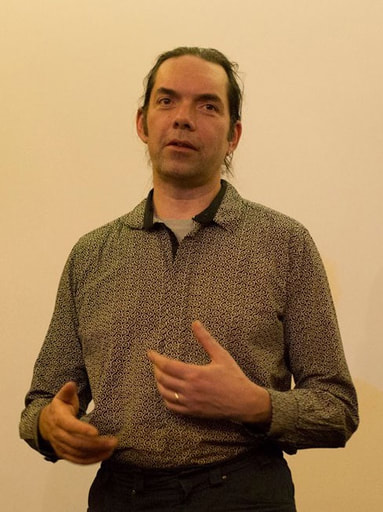
Karel Doing is an independent artist, filmmaker and researcher, his films, performances and installations have been shown widely. In 2017, he received his PhD from the University of the Arts London in Animation, Interactive, Film & Sound. In his thesis he proposed “new forms of humility, doubt and listening to be advanced in today’s over-confident and exploitative human culture.”
In recent years his work has revolved around experimenting with a new organic process he calls Phytography - a technique that uses the internal chemistry of plants for the creation of images on photographic emulsion. He has delivered numerous workshops on this, sharing the technique and supporting people to use the process. He has developed a website dedicated to this work and has just released online workshops that people can access during the lockdown. His website in rich with information, research, stills, recipes with instructions and some photographs and videos showing work produced during the various workshops Karel has delivered to share the technique. The works we focussed on during our chat are available on Vimeo and include The Mulch Spider’s Dream (2018), Liquidator (2010) and Meni (1994) We also discuss his 2019 project 'Bog Myrtle and Flamethrowers', created during an artists residency with Alchemy Film and Arts. You can see images from his workshop and read more about the exhibition on the Alchemy website here. During the interview Karel also makes reference to: Derek Jarman’s film Angelic Conversation (1985) AVE Festival (Audio Visueel Experimenteel) The film director, editor and producer Jürgen Reble The expanded cinema group Metamkine Film director Joost Rekveld EMAF - the long established German based European Media Festival The Sound Artist Michal Osowski 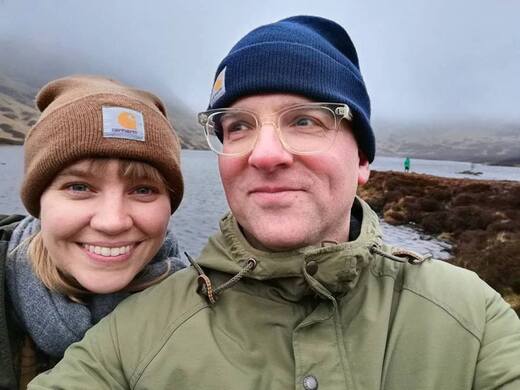
Artist filmmakers Mark Lyken (films, video installations and sound works) and Emma Dove (film, installation and photography) live and work together in rural Dumfriesshire, Scotland. Together they combine their experience as individual artists to produce immersive films and moving image installations.
In the interview we discuss the work they made during residencies on The Black Isle and The Cromarty Firth where they explore the relationships between nature, industry and rural life. Mirror Lands (2014) and The Terrestrial Sea (2015) have both been screened internationally, with Mirror Lands winning the Award for Creativity at Document.Art International Film Festival in Bucharest. “..a deeply moving, absorbing and haunting film and sound study.” - The Quietus “Genuinely breathtaking” - Aesthetica Magazine “A surrealistic meditation on the way that different environments encroach on each other" - Financial Times Their latest collaboration 1300 shots (2020) is A single-take portrait film that returns two ex-patrons of Dundee cinema 'The Steps' to their favourite seats, 20 years after the cinema was decommissioned. A still camera observes those ex-patrons - the artist LAW and the musician VEX - watching one last film. We talk about this new work and the companion piece LAW, VEX & THE STEPS (2020) - a short film that profiles those two characters and Dundee’s forgotten arthouse cinema. You can hear music from Mirror Lands and The Terrestrial Sea plus more from Mark on Spotify and Apple Music.
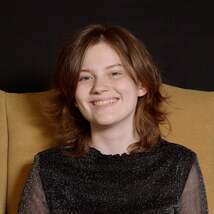
In her film ‘Beth’s Three O’Clock with Dr. Harlow’ Emma Penaz Eisner references psychologist Harry Harlow's 1950's monkey experiments, the clinical interview with psychopathic child patient Beth in the documentary ‘Child of Rage’ from 1990, Philip K. Dick’s ‘Do Androids Dream of Electric Sheep?,’ and Ingmar Bergman's explorations of sadistic deity in ‘Through a Glass Darkly’.
She describes the works as a “vivid study of casual brutality and failed empathy,” and beautifully presents all of this in two minutes of stop motion animation with live action sequences. ‘Beth’s Three O’Clock with Dr. Harlow’ is just one of the films I discussed with San Francisco filmmaker and visual artist Emma Penaz Eisner, and one that you can view online here. In the interview Emma also discusses her love for the work of Jan Švankmajer, the importance of meeting with like minded people, her passion for sharing and discussing her work and how she represents dream scapes and dream logic through animation.
Stills from I Am He Who Created Himself, There's More Than One Way to Skin a Man, Beth's three o'clock with Dr. Harlow and Will I Scatter Away?
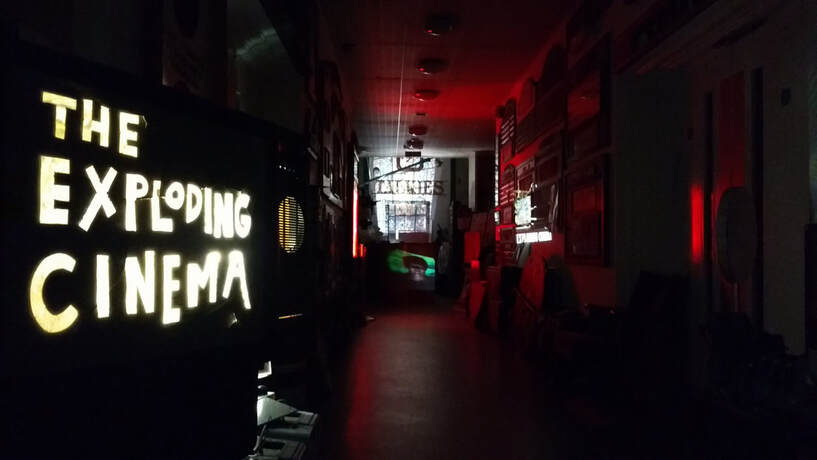
This time we have been in London to talk to members of the Exploding Cinema, a volunteer collective of filmmakers and film lovers who run an open access film show where anyone can show any film under 20 minutes. The history of Exploding Cinema is fascinating and well documented on their website. They run regular screenings across London for filmmakers who want an audience and to showcase work that may not be shown otherwise.
"Exploding Cinema was founded in 1991 in a bunker at the back of a squat – a disused sun tan oil factory in Brixton. At that time it was a gathering of media misfits rejected by the ‘Independent’ film/video establishment who decided that rather than griping about the fucked up state of the industry they would stage their own screenings in cafes, pubs and disused buildings and would set about fusing together the isolated and disenchanted fragments of the underground media. The Low/No Budget film is the source of so much talent and creativity, but they need a place to be shown. Not a sterile, unfriendly “arthouse” but a relaxed, open environment where the audience can watch, chat, discuss the film and meet film/video makers." I met with veteran members of the collective Adam Hodgkins and Ben Slotover along with their newest member Becca Payne. Ben has been involved with Exploding Cinema for about 20 years now, and in between shows make shorts, teaches filmmaking workshops and runs a YouTube channel devoted to filmmaking tips with an emphasis on super 8. Becca Pyne recently joined the group after have a positive experience screening her new film ‘Everything’ at a recent Exploding Cinema event. “I turned up by myself to show my film and had agreed to do a Q&A afterwards.” She told us. “I was terrified. But I was so impressed with the inclusive attitude, the visual display, the way everyone was really kind” She left the stage feeling supported and appreciated for sharing her work and having the courage to talk about it. “To have my film seen in an environment where people are supportive, it’s non judgemental, it’s encouraging, you are doing something really empowering, and to be able to give that experience to other people and to share in their work is pretty profound.” You can see her film on her Vimeo site here. We discuss the early days of exploding cinema, they events they run in London, and how they programme the screening given their non-rejection policy and the huge number of submission they receive. 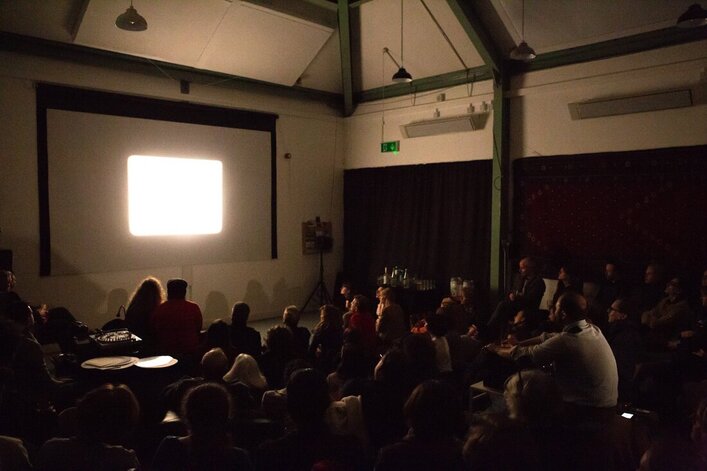
Madison Brookshire is an artist and filmmaker whose work crosses experimental film, music, painting, and performance. His work has shown at REDCAT, MOCA, the Toronto International Film Festival, DokuFest, Union Docs, the New York Film Festival, International Film Festival Rotterdam, Bradford International Film Festival, Migrating Forms, Exploratorium, Los Angeles Filmforum, Echo Park Film Center, the Hammer Museum, and Artists Television Access. He has had solo exhibitions at Parker Jones, Culver City; and Presents Gallery, Brooklyn; and has been in group shows at the Torrance Art Museum; Gallery 400, Chicago; and Heliopolis, Brooklyn. He frequently collaborates with musicians and composers, such as Tashi Wada, Mark So, and Laura Steenberge.
We talked to Madison when he attended the Alchemy Film and Moving Image Festival in Scotland in May 2019. During the festival he presented a talk entitled 'Time And The Untimely' and performed his expanded cinema work 'Fountain', both of which we cover in this episode. "I believe that a philosophy of time is necessary for political action, and therefore that studying it is necessarily a political act. In my work, I study how combinations of images, sounds, and silences can produce lived experiences of time." In the interview Madison makes reference to a number of other artists and works including Robert Rauschenberg, Stan Brakhage, Agnes Martin, Hollis Frampton (Zorns Lemma) and Tony Conrad (Yellow Movies.) Madison performing 'Fountain' at Alchemy Film and Media Festival, photograph by Oliver Benton |
Experimental film and installation artist Jason Moyes lives and works in rural Scotland and has been exploring the moving image since 2007. His work has been shown in the UK, North America, Europe and Asia. He is a founding member of the Moving Image Makers Collective.
|
